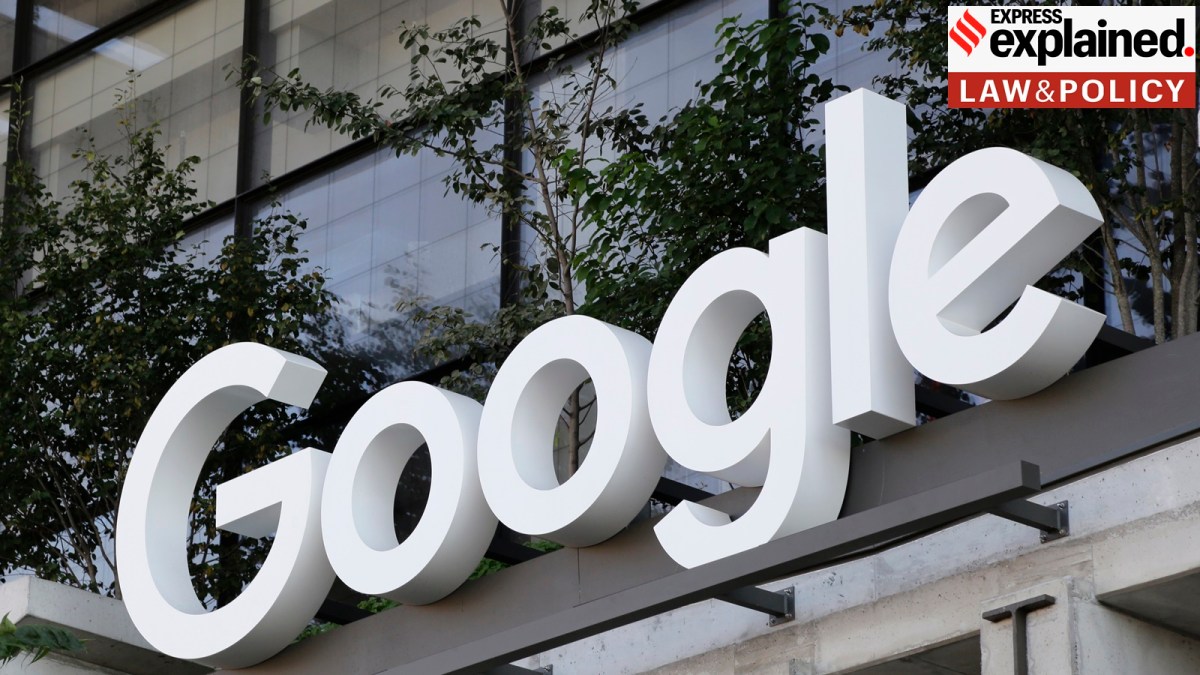Epic Games wins case against Google over Play Store ‘monopoly’: What happened, its implications
The US court decision could mean bigger revenue shares for app makers in the digital app market, which is dominated by Apple and Google as of now. Here is how.

In a case that could have significant repercussions for the app store economy, videogame maker Epic Games, known for the game Fortnite, has won an antitrust trial against Google on grounds that the tech giant was turning its Play Store and billing service into an illegal monopoly.
Epic’s victory came late Monday in a United States District Court in the Northern District of California.
What is this case?
“In re Google Play Store Antitrust Litigation”, videogame developer Epic Games contended that Google’s Play Store was effectively killing all competition by charging app developers 30% higher fees for in-app purchases.
Epic had filed its plea against Google three years ago, in 2020, seeking to keep more revenue it generated from in-app purchases and offer an app store that could compete with Play on the Android operating system.
Accusing the tech giant of using anti-competitive practices that hurt both consumers and developers, Epic claimed that Google illegally tied up its Play Store with its billing services so that developers were compelled to use both to have their apps included.
Since Epic had tried to bypass Google’s fees by charging users directly for purchases within its videogame, Fortnite, Google had removed the game from its store. This is what led to the present lawsuit.
At present, Google takes a cut on each digital purchase through the Play Store on Android. Although revenue from such transactions is a fraction of Google’s sales, it still makes up a high-margin business for the tech giant, according to Reuters.
What did the jury rule?
Following a three-hour discussion on Monday, the nine-member federal jury decided unanimously in favour of Epic Games on all eleven questions after a monthlong trial, The NYT reported.
Essentially, the jury found that Google acquired and maintained monopoly power in the Android app distribution market and even in the in-app billing market for digital goods and service transactions.
How has Google responded to this?
During the trial, Google’s lawyers argued that it was competing against Apple’s App Store, which is more popular in the US, and consequently cannot operate as a monopoly.
Google has said it would file an appeal before the San Francisco-based 9th US Circuit Court of Appeals.
What are the implications of this ruling?
Following this decision, Epic Games will have a chance to submit a court filing on how it wants Google’s Play Store to be fixed, which could put at risk Google’s $10 billion annual revenue from app sales and in-app purchases.
“The decision could rewrite the rules on how thousands of businesses make money on Google’s smartphone operating system, Android,” the New York Times said.
Although the decision might clear the path for rival app stores on Google’s Android mobile system, a lengthy appeals process is likely to prevent any changes for years.
Besides this, Google could be asked to allow developers to use payment systems other than Google’s, which might significantly impact Google’s entire business model.
The unanimous ruling by the jury could also increase pressure on Google at a time when it’s embroiled in a legal battle with the US Justice Department, which accused the tech giant of breaking antitrust law.
However, this is not the first time that Epic Games has fought against mobile app stores and their fees. Two years ago, Epic lost a similar case against Apple—a ruling that both sides are trying to appeal before the U.S. Supreme Court.
What happened in Epic vs. Apple?
In 2021, Epic mounted a similar challenge against Apple after being kicked out of its app store for installing its own payment system.
However, Epic lost on nine out of ten counts before a single judge of the San Francisco-based 9th US Circuit Court of Appeals.
A major difference between the Apple and Google cases was Google’s failure to keep records, including chats, concerning its “secretive deals” with app makers.
What legal troubles is Google facing in India?
India’s competition regulatory body, the Competition Commission of India, last year ordered Google to change its anti-competitive conduct in the Android ecosystem and fined it Rs 1,338 crore for anti-competitive practices. Google unsuccessfully appealed this before the National Company Law Appellate Tribunal.
In March, the NCLAT upheld the CCI’s Rs 130+ crore penalty on Google for antitrust violations while largely confirming its earlier finding that Google abused its market dominance in the Android ecosystem.
In June, Google moved the Supreme Court against the NCLAT order. However, the matter awaits an outcome.